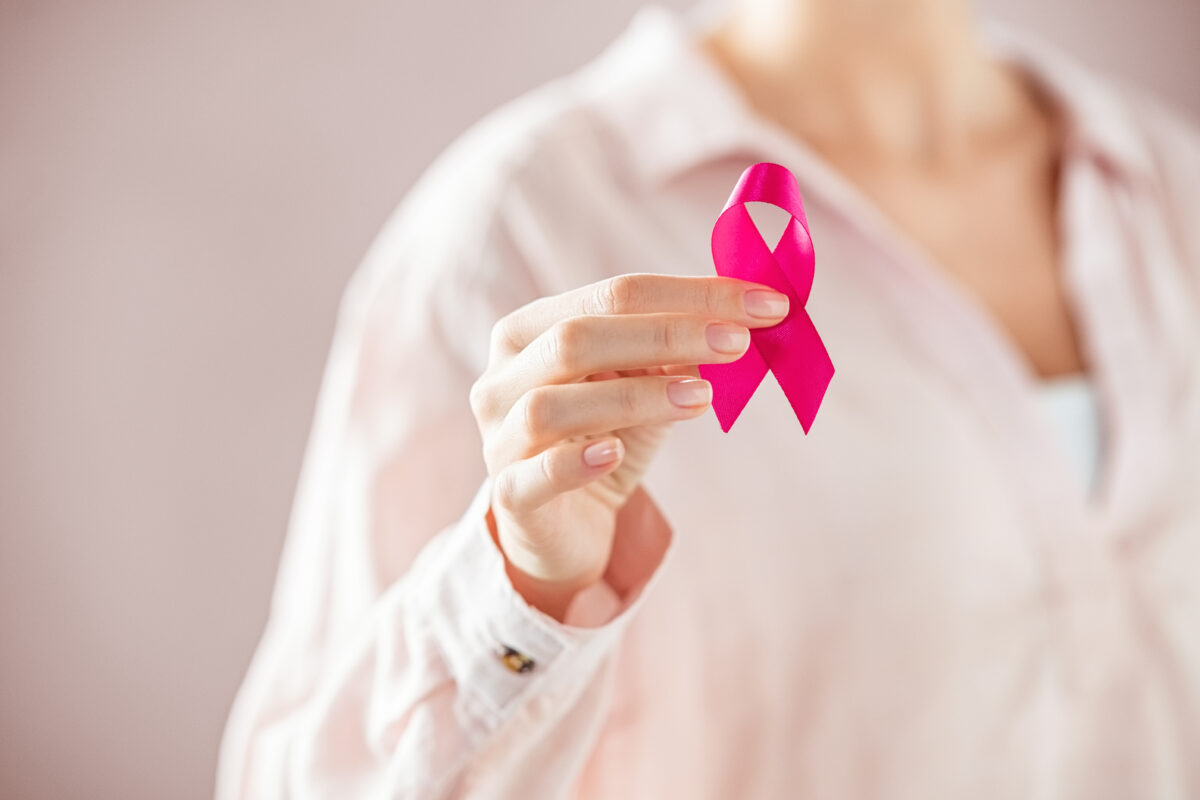A cancer diagnosis can come with many questions, fears, and uncertainties. One of the most common concerns, especially in young people, is whether they will be able to have children after having faced this disease.
The good news is that, thanks to advances in medicine, the possibility of conceiving after cancer is a reality for many people. Cancer treatments, although effective in fighting cancer, can affect fertility, but there are ways to preserve reproductive capacity and plan for a family future.
Each case is unique, and the answer to whether it is possible to have children after cancer depends on several factors, such as the type of treatment received, age, and previous reproductive health. The important thing is that today people can have access to information, support, and options that were not available before.
Impact of cancer treatments on fertility
Fertility can be affected in a variety of ways depending on the type of cancer treatment. Chemotherapy and radiation therapy, for example, can cause damage to eggs or sperm, making it difficult to conceive naturally. However, not all treatments have the same impact, and in some cases, fertility can recover over time.
In women, chemotherapy can damage the ovaries and reduce the number of eggs, affecting the menstrual cycle and, with it, the possibility of getting pregnant. For men, chemotherapy and radiation therapy can reduce the amount of sperm or even affect sperm quality. In addition, some surgeries needed to remove tumors in the reproductive area can also influence the ability to conceive naturally.
Is it possible to get pregnant after having cancer?

The answer is yes, but with nuances. It all depends on the type of cancer, the treatment, your overall health, and how planned you are before starting treatment. Some women may experience early menopause as a result of treatments, which affects the ability to ovulate. However, this is not the case for everyone, and some can recover their menstrual cycles and, with it, the possibility of conceiving naturally.
For men, sperm production can be temporarily or permanently affected, but there are also cases where sperm production recovers over time. Even if the natural reproductive capacity is impaired, there are medical alternatives that allow you to conceive.
Today, there are a variety of treatments and options available to those who want to have children after cancer. These alternatives have opened up new opportunities for many people who previously had no viable options. Some of the main ones include:
- In vitro fertilization (IVF): In cases where fertility is compromised, IVF is an option that can help women conceive. This procedure uses eggs and sperm, either from the partner themselves or from donors, to create an embryo in the laboratory, which is then implanted in the uterus.
- Egg or sperm donation: If cancer treatment has irreversibly damaged the eggs or sperm, there is the option of using donors. This technique has allowed many people to start a family, despite the effects of cancer treatments.
- Pre-treatment egg or sperm freezing: For those who have planned ahead, freezing eggs, sperm, or embryos before starting cancer treatment is an effective option. These gametes can be used later, once the cancer has been overcome, to carry out assisted reproduction treatments.
- Surrogacy: For those women who are unable to carry a pregnancy due to the effects of cancer or treatments, a gestational carrier (surrogate) is another possibility. In this case, an embryo, created from eggs and sperm from the partner or donors, is implanted in a woman who will carry the pregnancy to term.
Emotional Support: A Key Piece in Post-Cancer Family Planning
The emotional impact of facing a cancer diagnosis is enormous. It is normal to feel uncertain about the future, and therefore, having a medical and emotional team that provides support is essential to make informed decisions and feel that you are not alone in this process.
It’s essential for people who have faced cancer to know that there are many ways to start a family, even after you’ve overcome the disease.
At Fertivida, we understand the concerns that may arise during and after cancer treatment, and we are here to offer you all the alternatives available to you to preserve or restore your fertility.
The importance of early detection and planning
A key aspect that should not be overlooked is the early detection of cancer. Not only does this increase the odds of outgrowing the disease, but it also offers more options for preserving fertility before treatment begins. For those facing a diagnosis of childbearing age, planning is critical. Talking to a fertility specialist before starting treatment can make a big difference in the future.
Some people may consider preserving their fertility at the time of diagnosis, while others prefer to explore options after treatment. In any case, it is essential to be informed and have trusted professionals at Fertivida, we accompany you at every step of the process.
Yes, it is possible to have children after cancer, and options for preserving and restoring fertility are becoming more accessible. Advances in reproductive medicine have allowed many people to overcome the side effects of cancer treatments and start a family.
Remember, each situation is unique, and the most important thing is to have a medical team that advises you and provides you with the right options for your particular case. The hope of becoming a parent after cancer is real, and with the right tools, it’s an achievable future.





